Why is a Novel Food Licence for CBD important?
Estimated reading time: 11 minutes
- What's a Novel food?
- Why do we need rules about these things?
- How do companies get certification for Novel foods?
- What happens to foods that get to be “novel foods”?
- How does Brexit affect the status of new foods?
- When did TRC submit their application?
- UPDATE:
- Navigating the Path Towards Safe Novel Food Status
- FAQ – Why is a novel food licence important
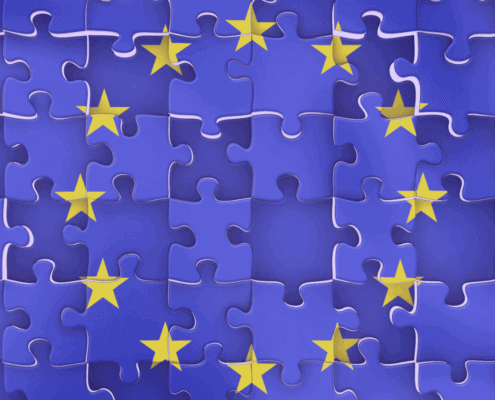
The law is a bit of a minefield when it comes to valid CBD products. There are a lot of laws, rules, and regulations from the European Food Safety Authority (EFSA) and the UK Food Standards Agency (FSA). CBD companies are trying to figure out what this means for the industry as a whole. When you add Brexit to the mix, you have a perfect storm of confusion and uncertainty.
But just because it's hard to understand doesn't mean you should avoid it. The Real CBD will soon be a licenced CBD provider. This will set us apart from other CBD brands on the market. Here at The Real CBD, we try to be as open as possible. So let's break down the main problems with CBD. CBD is a Novel food, and we explain why it is so important for our customers and B2B wholesalers that our CBD is legal.
UDATED 1. April 2024
What's a Novel food?
A novel food is a food or substance that people in the EU didn't eat much of before May 15, 1997.
It's used to describe a product that was just made, is thought to be new, or is made using new technologies or ways of making things. It also includes foods and other things that people have always eaten outside the European Union. After the UK left the E.U. in January of this year, the FSA took over the process for UK applications.
To quickly review, the European Commission's decision in January 2019 to call CBD a “Novel Food” was a controversial one.
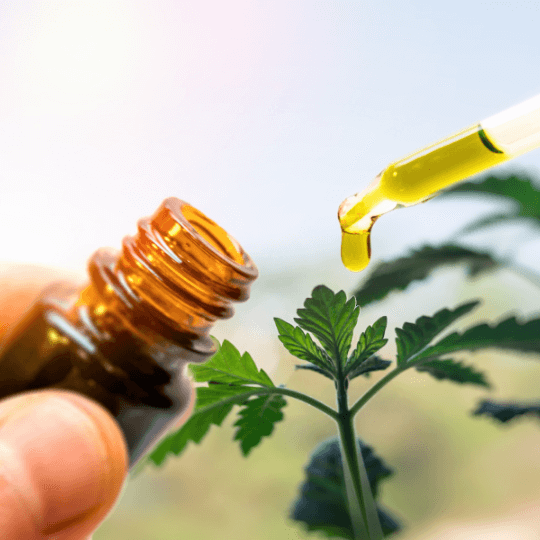
United Kingdom
The UK FSA said that CBD products could only stay on store shelves until March 31, 2021. To make things even more complicated, they also raised safety concerns about CBD.
Even though no one is known to have had serious problems from using CBD; in January 2020, the Committee on Toxicity (CoT), which is part of the FSA, raised concerns about its safety.
Using trial data from GW Pharmaceutical's work on its cannabis-based drug Epidiolex for treating epilepsy. The CoT raised concerns about possible damage to the liver, sleepiness, harm to the unborn, and problems with reproduction.
During a series of meetings, the FSA said that it is still not sure. Unsure that there is enough evidence to show that CBD is safe. This is why a novel food licence for CBD is important!
Why do we need rules about these things?
In short: SAFETY! The goal of this process is to make sure that all products for sale are safe for people to use. We have experts in helping us get the status of “novel food.” We break this down further and explain the exact rules that people who want to get certified must follow:
- The Novel food or ingredient must be safe on its own, in the way it is delivered, and in the way it is meant to be eaten in the manufacturer's product.
- The Novel food or ingredient must be safe to eat on its own, in the exact amount, volume, or strength that it will be delivered and consumed in the manufacturer's product.
How do companies get certification for Novel foods?

To get novel food status, you have to go through a lot of steps. These are a pain for CBD companies. But gives you as a consumer peace of mind. When people choose to buy validated CBD products, they can be sure that the products they choose are safe. You don't have to know exactly how the approval process works. You should know that a validated CBD extract goes through a lot of tests.
Who tests, and what does it involve?
The person who makes CBD is responsible for testing it. They have to give their results to either the FSA in the UK or the EFSA in the EU. The FSA or the EFSA will look at the results and decide if each product is safe. For testing to be accurate and reliable, the manufacturer must be able to show exactly what is in each sample.
For CBD manufacturers, this means listing all cannabinoids and any other trace elements, no matter how small. CBD companies have to send in dossiers with a lot of information, which will be carefully looked over and the risks will be looked at before approval.
And just so you know, when it comes to testing, The Real CBD does more than what is required. By carefully analysing our CBD extracts and oils with the best HPLC (high-performance liquid chromatography), we know exactly what is in every micro drop of the final product. This lets us give the relevant agencies the most detailed cannabinoid profiles.
What happens to foods that get to be “novel foods”?
Those that get approved by the FSA will be put on a list of approved CBD companies. They will be able to sell their CBD products legally to both consumers and wholesalers.
What will happen to the businesses that don't get the validation they need?
Even if CBD is already on the market, everyone has to fill out an application. If a company doesn't get the right validation, the law says they have to stop selling their products. CBD wholesalers will no longer be able to stock and sell items that haven't been officially labelled as novel foods.
More from our blog:
How does Brexit affect the status of new foods?
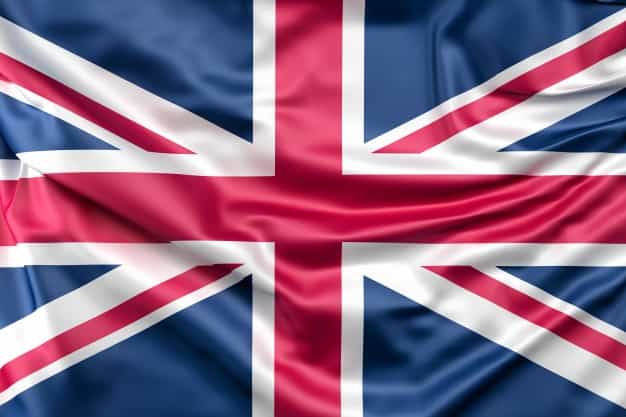
There are still some questions about how FSA-approved products in the UK will be recognised after Brexit. It's still not clear how the European Commission will handle CBD products that have been approved for use in the UK, or if they will need more certification to work in the EU.
Why should you, as a consumer, know about EFSA's novel food status?
When you know how a product is made, you are able to make an informed decision about what to buy. And knowing that a company has been given official novel food status gives a guarantee of quality and safety. You should ask CBD wholesalers questions and make sure they buy legal CBD from a company that is approved by the FSA.
The Real CBD has done everything it could (and more) to make sure it will be one of the first companies in the UK to get validation for new foods. As a customer, this means you can trust the business. You can be sure that the product being made is good. You can be sure that each of our extracts is safe. And you can put The Real CBD products at the centre of your daily routine knowing that we will be around for a long time.
When did TRC submit their application?
The Real CBD submitted all the required documentation to the UK Government FSA in March 2021.
Why is that important?
The approval of our application will serve as a guarantee of the safety and quality of our products, and allow them to legally remain on sale after this date.
What happens next?
Any company not complying with the FSA these regulations will have their products removed from sale.
UPDATE:
1. April 2024
Navigating the Path Towards Safe Novel Food Status
In the bustling world of wellness and nutrition, cannabidiol (CBD) has emerged as a beacon of hope for many, promising an array of health benefits that have captured the imagination of health enthusiasts worldwide. Derived from the Cannabis sativa L. plant, CBD's journey towards recognition as a safe novel food ingredient has been fraught with questions, cautious optimism, and a diligent search for answers.
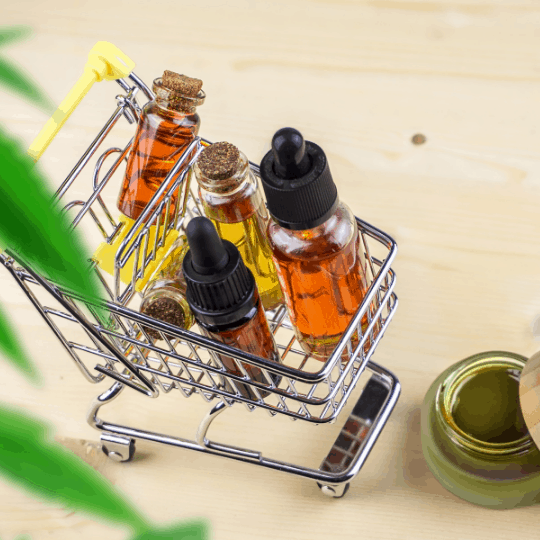
CBD: A Potential Wellness Revolution Under Scrutiny
CBD, a naturally occurring compound found in hemp plants, has seen a meteoric rise in popularity, heralded for its potential to soothe anxiety, improve sleep, and relieve pain without the psychoactive effects associated with its cousin, THC. However, the path to integrating CBD into the European diet as a novel food is complex, lined with regulatory hurdles and scientific inquiries aiming to ensure consumer safety above all.
The European Food Safety Authority (EFSA) Weighs In
The EFSA, a keystone in the archway of food safety within the EU, has been entrusted with the task of demystifying CBD's effects on human health. Despite numerous applications from CBD proponents seeking its approval as a novel food, the EFSA has hit a roadblock, citing a lack of comprehensive data as a significant barrier to giving CBD the green light.
With 19 applications already on its desk and more on the horizon, the EFSA's expert panel on Nutrition, Novel Foods, and Food Allergens (NDA) finds itself at a crossroads, seeking more evidence on how CBD interacts with critical bodily systems, including the liver, gastrointestinal tract, endocrine and nervous systems, and its implications on mental health.
A Closer Look at the Concerns
The concerns raised by the EFSA stem from animal studies that hint at potential adverse effects, particularly regarding reproduction. These findings have sounded alarm bells, prompting a call for rigorous research to determine whether such risks also apply to humans.
The Way Forward: Bridging the Data Gap
The European Commission's designation of CBD as a novel food under EU law adds another layer of complexity, spotlighting the need for clear, conclusive research that can pave the way for safe consumption. The quest for answers is not just a scientific endeavour, but a necessary step towards unlocking CBD's potential benefits while safeguarding public health.
A Collaborative Effort for Clarity and Safety
As the debate around CBD's safety as a novel food ingredient continues, it's clear that a collaborative effort among researchers, regulatory bodies, and the CBD industry is essential. Bridging the data gap requires a concerted push for high-quality studies that can offer clear insights into CBD's long-term effects on human health.
Thank you for reading “Why is a Novel Food Licence for CBD important?”. If you have any questions feel free to contact us at: [email protected] for help and advice.
FAQ – Why is a novel food licence important
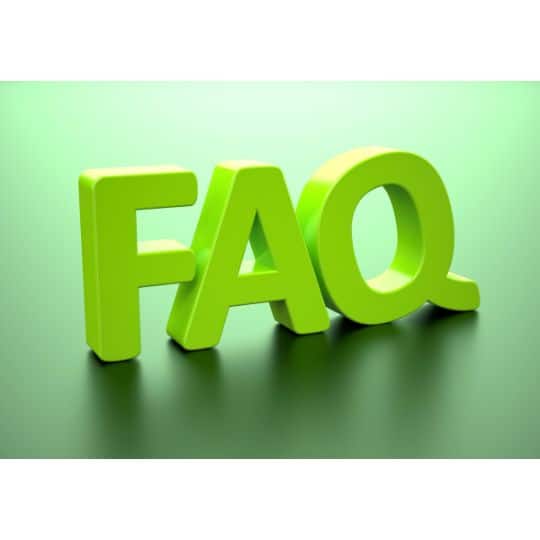
A Novel Food license is a regulatory approval required for foods that do not have a significant history of consumption within the European Union before May 1997. It ensures that the food is safe for public consumption, properly labeled, and does not mislead the consumer.
Obtaining a Novel Food license is crucial for businesses because it legally allows them to sell their new food products in the EU market. It also instills confidence in consumers about the safety and quality of the products they are purchasing.
The process involves submitting a detailed application to the European Food Safety Authority (EFSA), including scientific evidence proving the food's safety. EFSA then evaluates the information to decide whether to approve the Novel Food for sale.
Selling a Novel Food without a license is illegal in the EU and can result in penalties, including fines and product recalls. It also risks the company's reputation, as consumer trust can be significantly damaged.
Not all foods can be considered for a Novel Food license. The food must be new to the EU market and not have been significantly consumed before May 1997. Additionally, it must meet safety standards and not pose a risk to public health.

I am a certified expert in Medicinal Cannabis. We are all about giving correct and trustworthy information. We know how important it is to learn about CBD and cannabis, which is why we want to be your go-to source for trustworthy information. We help you improve your health by using our knowledge and experience as a starting point.

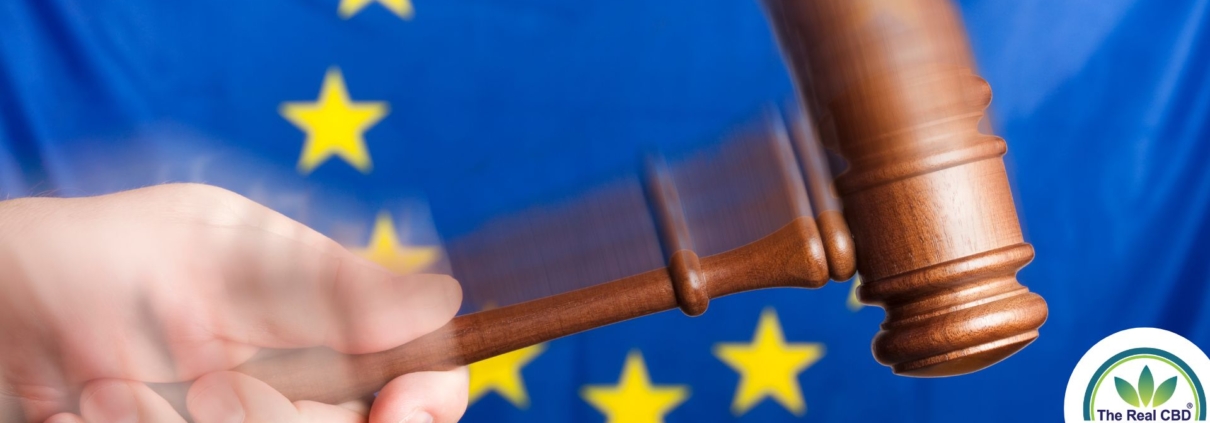
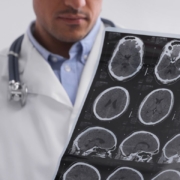

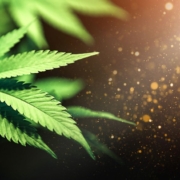
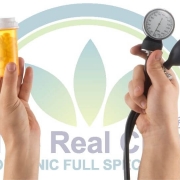
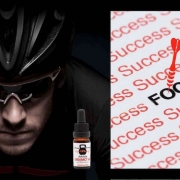







Leave a Reply
Want to join the discussion?Feel free to contribute!